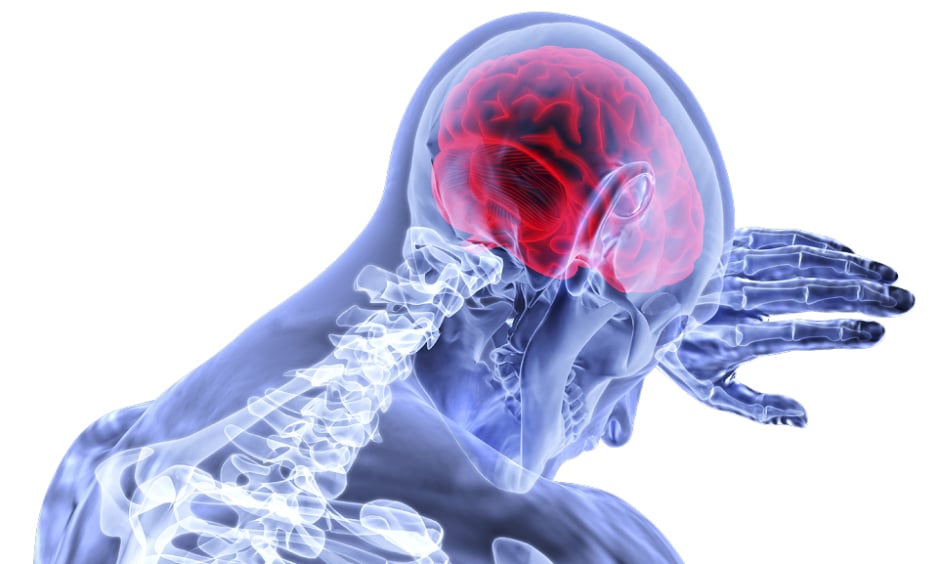NEW genetic risk factors for stroke, demonstrating shared genetic influences with a plethora of related vascular conditions, have been showcased in a large collaborative study led by researchers from Ludwig Maximilian University of Munich (LMU), Munich, Germany. The results identified a number of targets for antithrombotic therapy, providing a step towards the development of personalised treatments for this condition.
Genetic Risk Factors
In a cohort of 520,000 participants taken from 29 studies, millions of genetic variants were analysed, with 32 independent genomic regions shown to be associated with stroke, two-thirds of which are novel. The genetic risk factors were implicated in alterations in different areas of the vasculature that can cause stroke, such as large arteries, small arteries, the heart, and the venous system, with the team finding that some of these risk factors contribute to specific mechanisms and others to overall stroke susceptibility. There were also shared genetic influences between two causes of stoke often believed to have opposite mechanisms: vessel occlusion and rupture of a vessel.
Shared Genetic Influences
It was then observed that several of the genetic areas identified overlapped with genomic areas implicated in related vascular conditions, such as atrial fibrillation, coronary artery disease, and venous thrombosis, or vascular risk factors, particularly elevated blood pressure. Insights into the specific genes, molecular pathways, and cell and tissue types through which the genetic risk factors cause stroke were then explored by adding data on gene expression, protein expression, and other characteristics in multiple cell types and tissues.
Personalised Therapies
The team believe the genes discovered provide many avenues for the development of drugs for antithrombotic therapy; for example, re-opening occluded blood vessels in patients with acute stroke or preventing vascular events such as stroke.
“These genetic findings represent a first step towards developing personalised, evidence-based treatments for this very complex disease. They provide evidence for several novel biological pathways involved in stroke that may lead to the discovery of novel drug targets,” stated first author Dr Rainer Malik, LMU.
Vital New Insights
The findings provide important new information on the molecular mechanisms of stroke, which are currently poorly understood.
James Coker, Reporter
For the source and further information about the study, click here.








